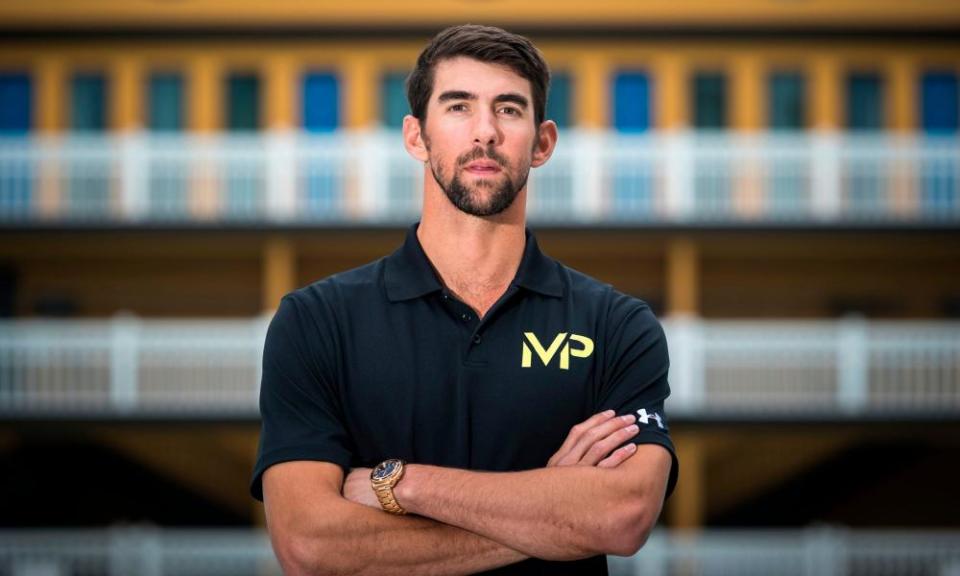'Overwhelmed' Michael Phelps says Covid-19 has taken toll on his mental health

Michael Phelps has admitted that the Covid-19 pandemic is taking a toll on his mental health.
The 23-time Olympic swimming champion has spoken in the past about his struggles with depression and said that being under lockdown during the pandemic has been a struggle.
“The pandemic has been a challenge I never expected,” he told ESPN in an article published on Monday. “All the uncertainty. Being cooped up in a house. And the questions. So many questions. When is it going to end? What will life look like when this is over? Am I doing everything I can to be safe? Is my family safe? It drives me insane. I’m used to traveling, competing, meeting people. This is just craziness. My emotions are all over the place. I’m always on edge. I’m always defensive.”
Phelps said that he has argued with his wife during lockdown and has felt “worthless” at times. “This is the most overwhelmed I’ve ever felt in my life. That’s why I have times where I don’t want to be me. I wish I could just be ‘Johnny Johnson,’ some random person,” he said.
Related: Michael Phelps’ biggest contribution to swimming may yet come out of pool
He also said that the narrative about him admitting to his problems and then living a problem-free life was false.
“The thing is – and people who live with mental health issues all know this – it never goes away,” he said. “You have good days and bad. But there’s never a finish line. I’ve done so many interviews after [the 2016 Olympics] where the story was the same: Michael Phelps opened up about depression, went into a treatment program, won gold in his last Olympics and now is all better. I wish that were the truth.”
The 34-year-old said his wife, Nicole, and three children help him deal with his mental health. “There are moments, those times where I’m stuck in my own head, I don’t think it can get any worse, and Boomer, my four-year-old, will walk up to me, give me a hug and just tell me he loves me,” he said. “When you absolutely least expect it. It’s literally the greatest thing in the world.”
Phelps has spoken about how working with a therapist has helped him. And he said understanding where negative emotions are coming from – and talking about them – is vital.
“Not long ago, I had a speaking engagement at a major global company about mental health,” said Phelps. “After I spoke, there was a Q&A and this younger guy gets up in front of the entire group and starts talking about his struggles. I think about that moment sometimes. The courage he had to get up in front of all his coworkers and admit his challenges. It shows we are finally getting to a point where there is an understanding that mental health struggles are real. It’s serious, life-and-death stuff.
“There’s nothing to hide from. Nothing to be afraid of. The fight is only against yourself. Think about that the next time somebody asks that simple question: “How are you?”
In the UK and Ireland, Samaritans can be contacted on 116 123 or email jo@samaritans.org or jo@samaritans.ie. In the US, the National Suicide Prevention Lifeline is 1-800-273-8255. In Australia, the crisis support service Lifeline is 13 11 14. Other international helplines can be found at www.befrienders.org.

